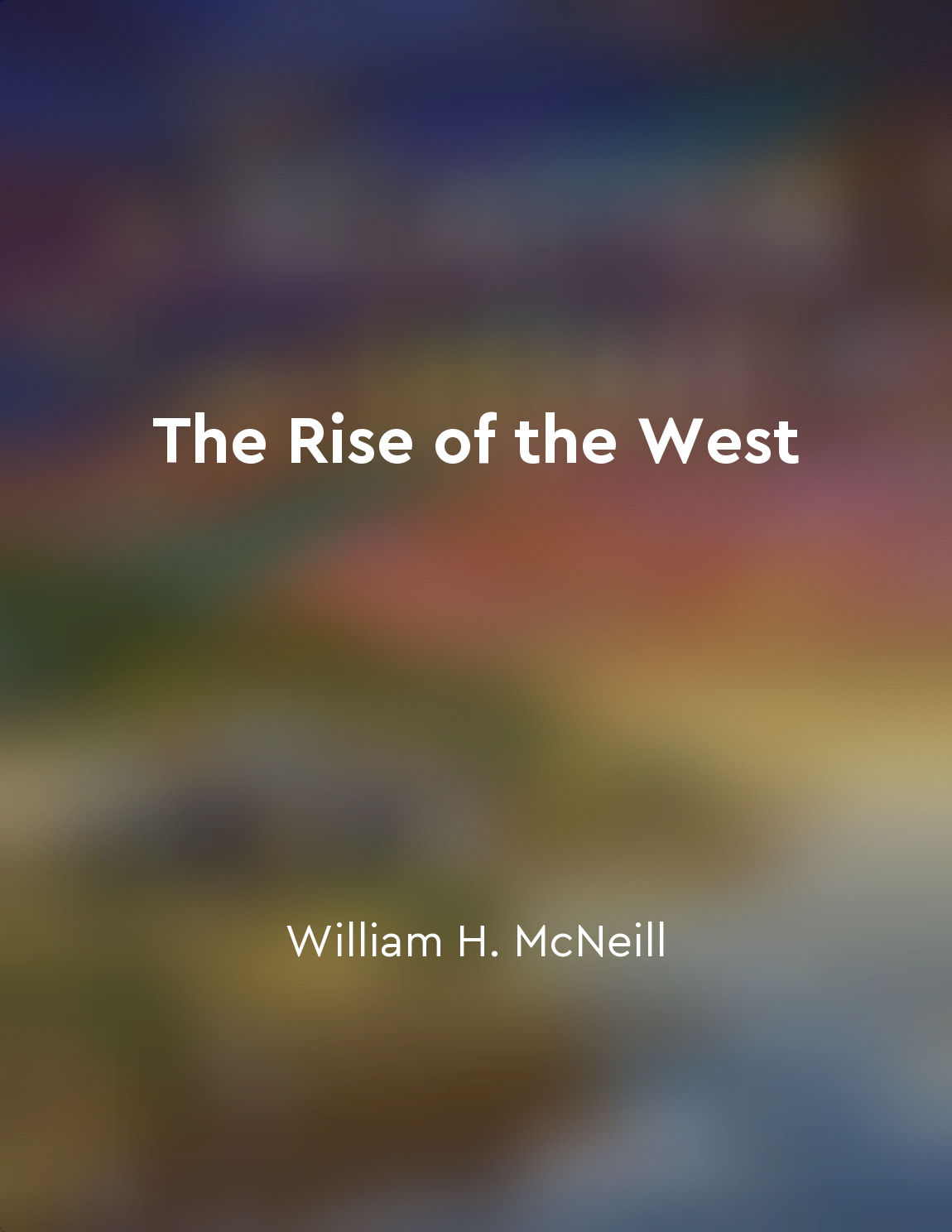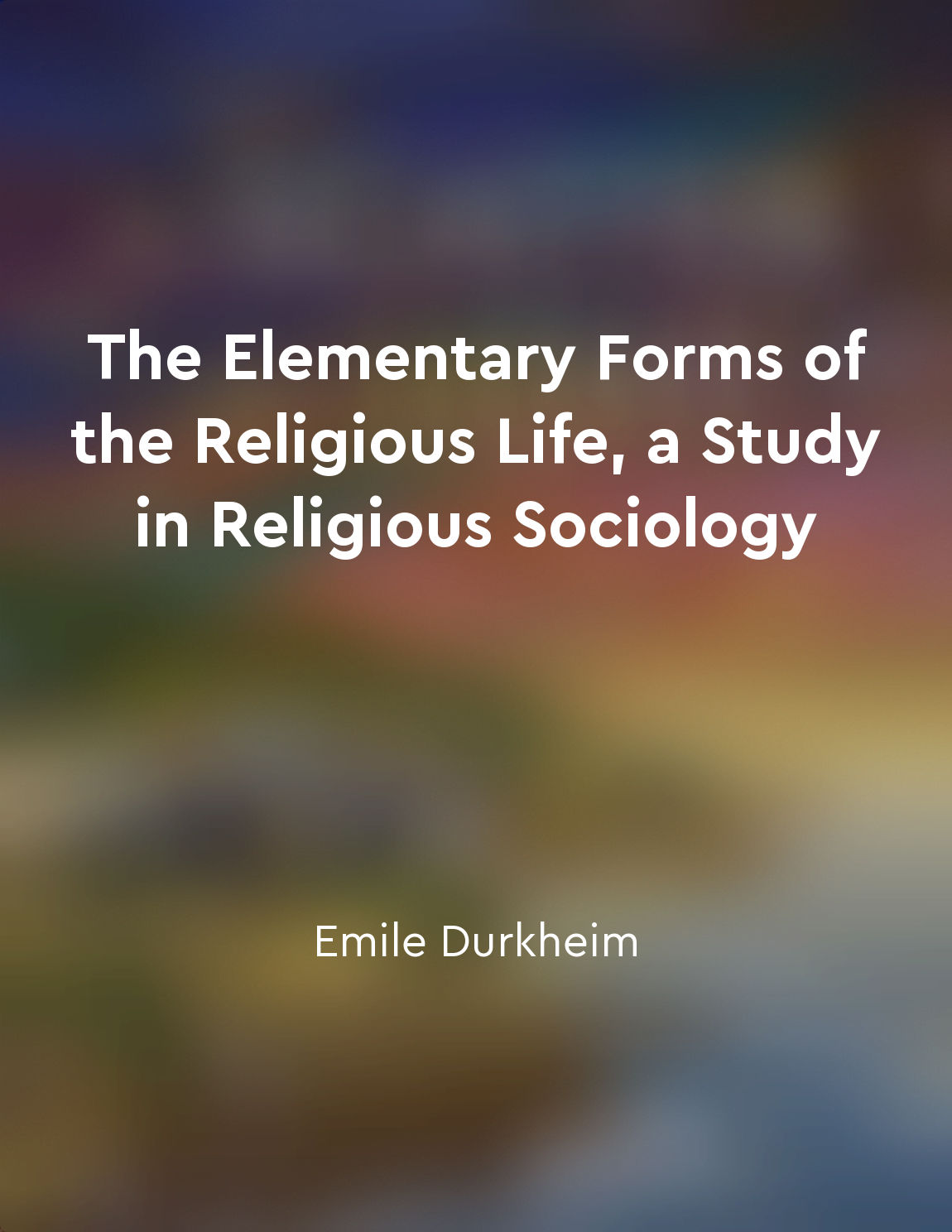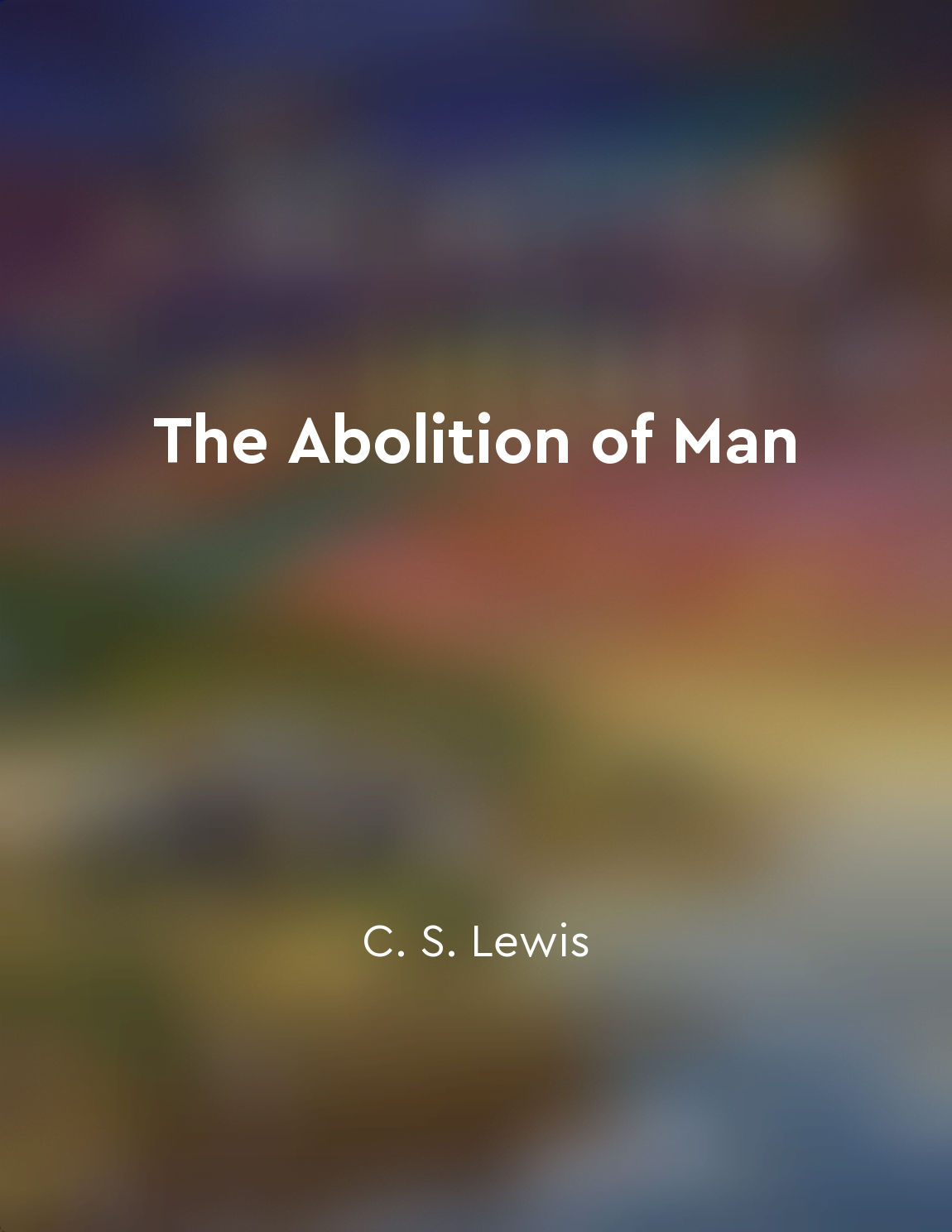Audio available in app
Christianity played a key role from "summary" of The WEIRDest People in the World by Joseph Henrich
The spread of Christianity across Europe during the Middle Ages reshaped societies in profound ways. It altered social norms, institutions, and even the human mind. Christianity introduced a new set of beliefs, values, and practices that fostered cooperation, trust, and social cohesion among individuals. This had far-reaching implications for the development of Western societies. One key aspect of Christianity was its emphasis on moralizing high gods who monitored people's behavior and punished transgressions. This belief in a vigilant supernatural agent incentivized individuals to adhere to moral norms even when no one was watching. As a result, people began to internalize these norms, leading to a more self-regulated society. This internalization of moral norms laid the foundation for the development of strong institutions and legal systems that governed human behavior. Moreover, Christianity promoted the idea of universal morality, which extended moral considerations beyond kin and tribe to all individuals. This shift from parochial to universal morality fostered a sense of empathy and compassion for strangers, paving the way for the emergence of large-scale cooperation and social trust. As a result, societies became more inclusive and tolerant, allowing for the integration of diverse groups and the exchange of ideas and innovations. Another important aspect of Christianity was its emphasis on literacy and education. The spread of Christianity led to the establishment of schools, monasteries, and universities where people could learn to read and write. This literacy revolution had a transformative effect on society, enabling the dissemination of knowledge, the preservation of cultural traditions, and the advancement of science and technology.- Christianity played a key role in shaping the WEIRDest people in the world by promoting moral norms, fostering cooperation and trust, and advancing literacy and education. The influence of Christianity on Western societies continues to be felt today, as it has laid the foundation for many of the institutions and practices that define modern civilization.
Similar Posts
Social cognition is fundamental to human thinking
Human beings are unique in many ways, but one of the most striking features that sets us apart from other species is our abilit...
Variation is essential for evolution to occur
As we examine the process of evolution, it becomes evident that variation plays a crucial role in driving the changes that lead...

Competition drives innovation and progress
The dynamic interaction of different societies has always been a driving force in human history. When different groups come int...
World War II brought devastation and unity
The cataclysm that was World War II left in its wake a trail of devastation that touched nearly every corner of the globe. Citi...

Disease outbreaks impact population growth
The occurrence of disease outbreaks has had a significant impact on the growth of populations throughout history. When diseases...

The West's rise is not inevitable or linear
The idea that the West's rise is not inevitable or linear is a central concept in William H. McNeill's "The Rise of the West." ...

Humans have domesticated plants and animals for their benefit
The story of humans is intertwined with that of plants and animals. Over thousands of years, humans have shaped the plants and ...

The notion of the soul reflects society's beliefs
The soul is a concept that holds great significance in religious thought and practice. It is often seen as the essence of an in...

Importance of recognizing universal standards of behavior
The concept of recognizing universal standards of behavior is crucial for the proper functioning of society. These standards pr...

